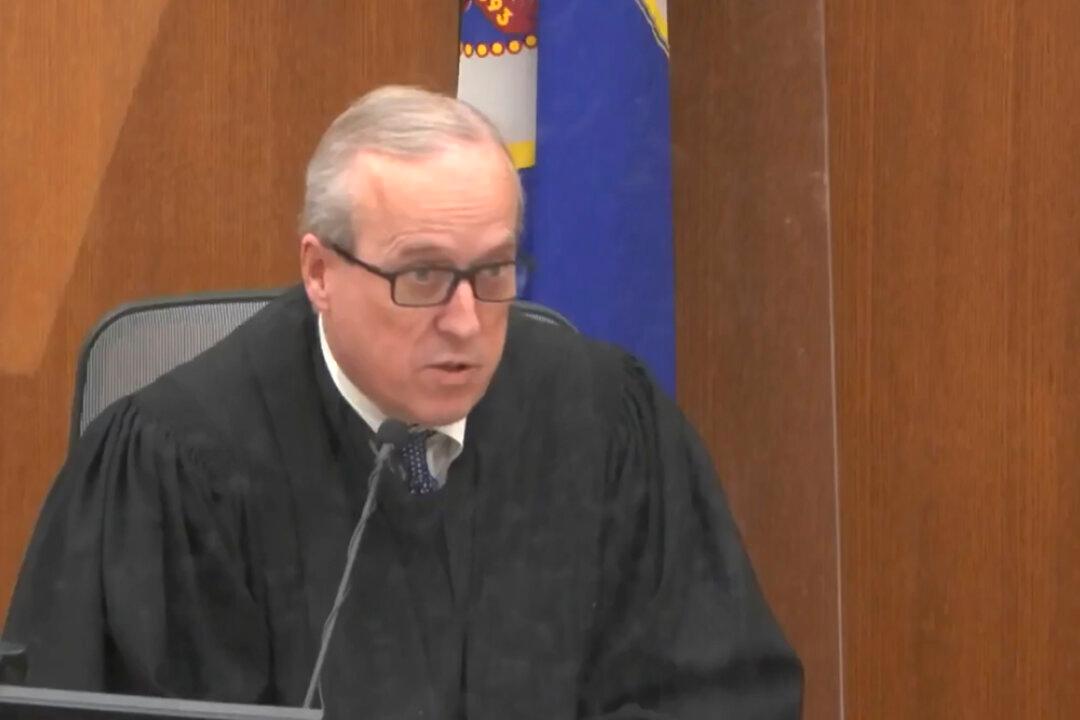MINNEAPOLIS—A 14th juror was seated Monday for the trial of a former Minneapolis police officer charged in George Floyd’s death, nearly completing the panel ahead of opening statements next week.
The newest juror is a social worker in her 20s who said she has talked with friends about police reform and that she thinks “there are things that should be changed.” But she also described police and their jobs as important, and said she is “always looking at every side of things.”





